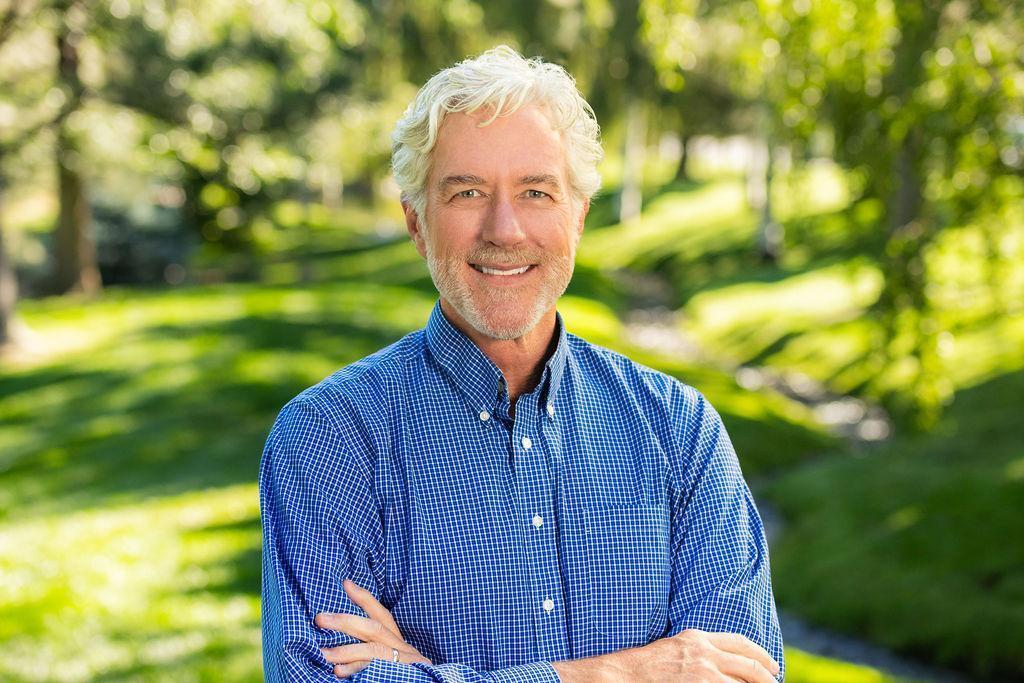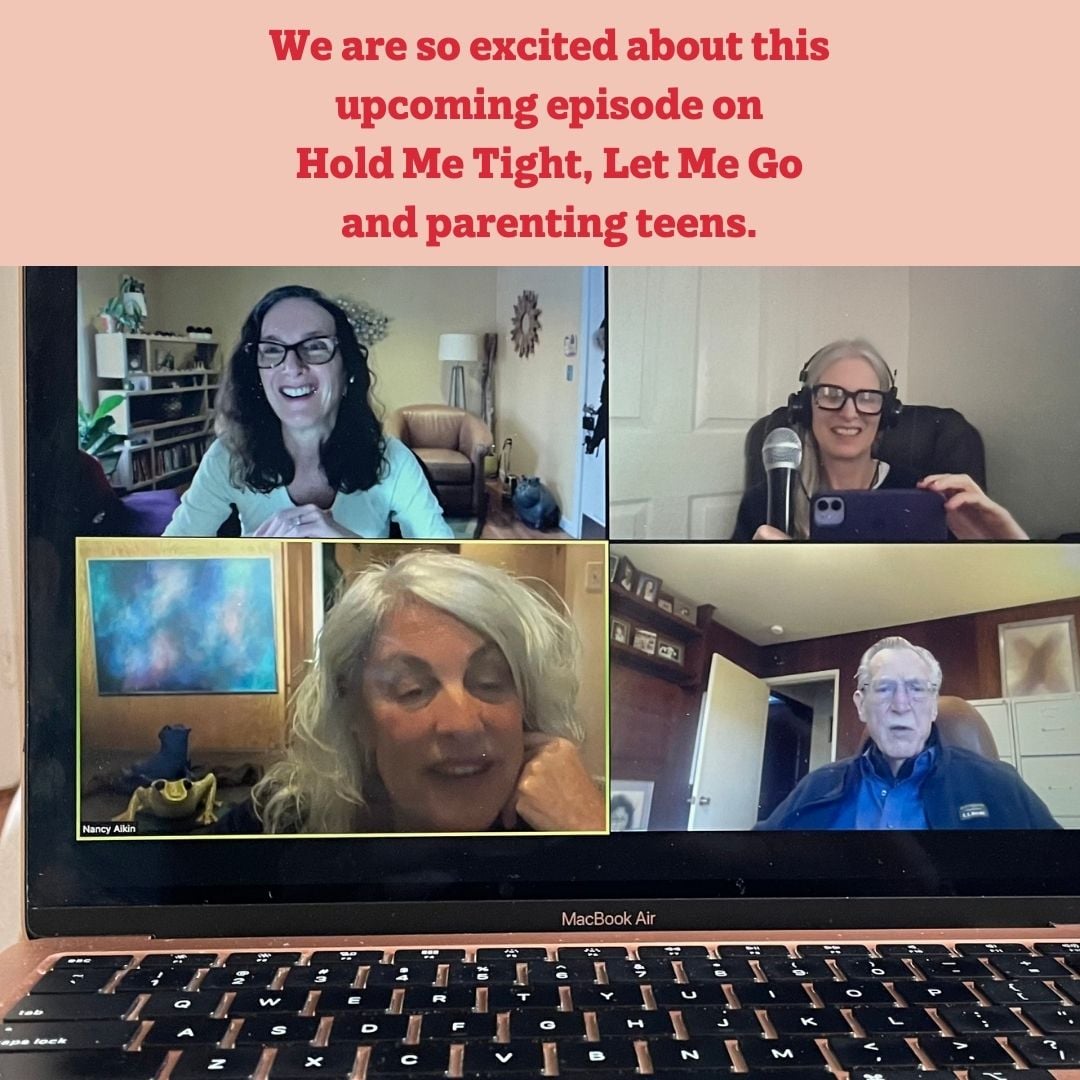Blog Articles
Meet Reno Therapist Amanda Stewart, LCSW
EFT Therapist
Relationship Therapist in Reno
Hello, I’m Amanda Stewart, a relationship therapist in Reno. I work with couples, individuals and families. I was born and raised in Florida. However, after moving out west following graduation from college, I fell in love with this area and have made Reno my home ever since. I have been licensed as a clinical social worker and practicing therapy since 2002. I am ICEEFT Certified Emotionally Focused Therapist and supervisor for clinical social work interns. My undergraduate work was completed in 1995 at Randolph-Macon College in Ashland, Virginia.
I am passionate about my work with couples, individuals and children and their families. Emotionally Focused Therapy, EFT, has been an ideal way to bring Attachment Theory to my work with all of these clients. EFT has also been a very natural fit for me as a person. It lends to compassion, openness, non-judgment, and meaningful change. It also fits our practice mission of providing a caring and effective therapy. Finally, I love having the EFT roadmap that lets me communicate clearly with my clients about where we are in the change process.
Here is a link to some of the most common questions about therapy with me.
Call 775-235-2205 to arrange a brief phone consult with me. Amanda’s session rate is $185 per 55-minutes.
Nevada License Number: 4260-C
Ages 10 years-old+
Top Specialties
- Marital and Premarital
- Relationship Issues
Expertise
- Anxiety
- Child
- Depression
- Divorce
- Family Conflict
- Parenting
- Trauma and PTSD
Meet Cornelius Sheehan, LCSW- Director
Counseling with Reno Therapist Cornelius Sheehan, LCSW
About me as a therapist:
For more than 20 years, I have worked with couples and individuals. I understand how important it is to have a secure, connected, and hopeful relationship. I specialize in attachment-based, Emotionally Focused Therapy (EFT) for individuals, marriages, couples, and families in Reno. I am certified as an Emotionally Focused Therapist and Supervisor. I use primarily EFT in my work with couples, individuals, and families. The things I appreciate most about EFT are its effectiveness, research-based approach, and strong theoretical foundation. But EFT is also a client-centered model. A client-centered model of therapy means that the therapist prioritizes the client’s perspective, emotions, and autonomy in the therapeutic process.
A few years ago, I started Individual & Relationship Counseling Associates in Reno, NV. A small, collaborative therapy group dedicated to excellence in attachment-focused therapy.
I have had the privilege of helping hundreds of couples and families repair ruptures and connect again. Along the way, helping at least as many individual clients become more self-aware and accepting. I’ve supported these clients in successfully dealing with depression, anxiety, and relationship problems.
Attachment theory’s empathy, curiosity, and non-judgmental stance align with my natural style. Although I bring expertise in therapy, I see you as the expert on your life and goals. Thus, I commit to approaching our work together with humility and curiosity.
One of my proudest professional achievements is starting a counseling program for inmates at the Washoe County Sheriff’s Office in 2004. We developed a novel and highly successful program to help reduce recidivism, especially for “failure to comply” violations. The program was funded by inmate purchases. I actively participated in these programs until 2011, when I dedicated myself full-time to private practice.
Another accomplishment that has brought me a lot of joy has been mentoring students and interns, guiding them to find their unique paths as professionals in the field of therapy. Additionally rewarding is the work I do helping train and supervise therapists wanting to learn EFT in Reno.
In addition to my work with individuals and couples in therapy, I also co-facilitate Hold Me Tight® couples retreats here in Reno. These retreats offer couples a chance to step away from daily life and focus fully on their relationship. Guided by the principles of Emotionally Focused Therapy, the retreats help partners understand the patterns that keep them stuck, learn new ways to communicate, and rediscover a sense of safety and closeness together. Over the years, it’s been incredibly rewarding to witness how these weekends can transform a couple’s connection and inspire hope for lasting change.
About me as a person:
I always remember being profoundly curious about people and relationships. We are all so complex, with so much happening beneath the surface.
I find this complexity fascinating. I feel lucky that my interest has guided me to a profession I love. Moreover, it motivates me to stay current with changes in the field.
My wife Tammy and I live with our three rescue dogs. We have three adult children. Born in San Francisco, I have lived briefly in a few different places, but Reno has always remained home base.
Learn more about therapy in Reno with Cornelius
You can inquire about counseling with Reno therapist Cornelius Sheehan, LCSW and our team of highly-trained EFT therapists here. Call us at 775-235-2205 and we’ll be happy to discuss how we can help. Sessions with Cornelius range from $185 to $210 for 55-min meetings, and $260 for 90-minutes. Insurances accepted include Hometown Health Plan. Two-day weekend intensive sessions are available (call for details).

Cornelius is invested in Reno and Nevada:
Since 1974, I have resided in Reno, deeply committed to this community. I attended Reno High School and UNR. I actively participate in various advisory roles for Reno and the State of Nevada.
Additionally, I founded Relationship Health Counseling Associates to enhance services for clients in this area and provide highest quality professional development for therapist interns in Reno.
Cornelius specializes in Emotionally Focused Therapy (EFT for couples, individuals and families). He supervisors clinical interns and candidates for EFT Certification. He is the Founder / Director of rceft.org, the Reno/Tahoe Community for Emotionally Focused Therapy. You can learn more about EFT at rceft.org and iceeft.com. ICEEFT is the International Center for Excellence in Emotionally Focused Therapy.
Nevada License Number: 5605-C
Cornelius works with clients aged 18-years and older, and children in the context of family therapy.
Cornelius’s Specialties and Expertise
Top Specialties
- Relationship Issues
- Anxiety
- Depression
Expertise
- Certified Emotionally Focused Therapist
- Divorce
- Family Conflict
- Marital and Premarital
- Cancer
- Grief
- Infidelity
- Internet Addiction
- Lesbian
- Men’s Issues
- Mood Disorders
- Parenting
- Peer Relationships
- Self Esteem
- Veterans
Counseling Help for Families with Teens
Understanding and Communicating with Teens
“If you are raising a teen child, you’re likely familiar with something like this: “I need to feel understood…I need you to hear me (BUT DON’T EXPECT ME TO TALK!)” This common challenge in parenting teens highlights the crucial need for effective communication strategies and, in some cases, professional family counseling for teens.
The “Hold Me Tight, Let Me Go” Program
Drs. Paul and Nancy Aikin have created a program called “Hold Me Tight, Let Me Go.” It helps families with teens. This program offers guided conversations. These assist parents and caregivers in understanding their kids better. It’s vital for family health. It helps teens to share more, improving family dynamics. Often, this is enough to boost family communication and understanding.
Integrating Counseling for Teens
Sometimes, counseling for teens is also needed. It complements the conversation techniques. Counseling aims to give teens a voice. It helps them handle emotions and thoughts positively. It’s useful for issues like anxiety, depression, or social challenges. These are common in adolescence.
Counseling often includes the entire family. It ensures teens are heard. Parents learn supportive techniques. This includes active listening and empathy. Families learn to share in a safe environment.
In conclusion, “Hold Me Tight, Let Me Go” starts vital family conversations. Adding counseling for teens can tackle deeper problems. This combination fosters open communication and expert guidance. It helps navigate teenage complexities. For struggling families, this approach can greatly strengthen relationships.
Paul and Nancy appeared on the “That Relationship Show” podcast recently. You can learn more about family workshops here, www.eftfamilies.com



